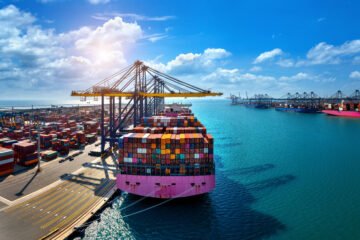Business & Society
Post-neoliberal globalization: international trade rules for global prosperity Get access Arrow
This paper analyses frameworks for the design of the rules for international trading, assuming that it is possible to have some rule of law.
